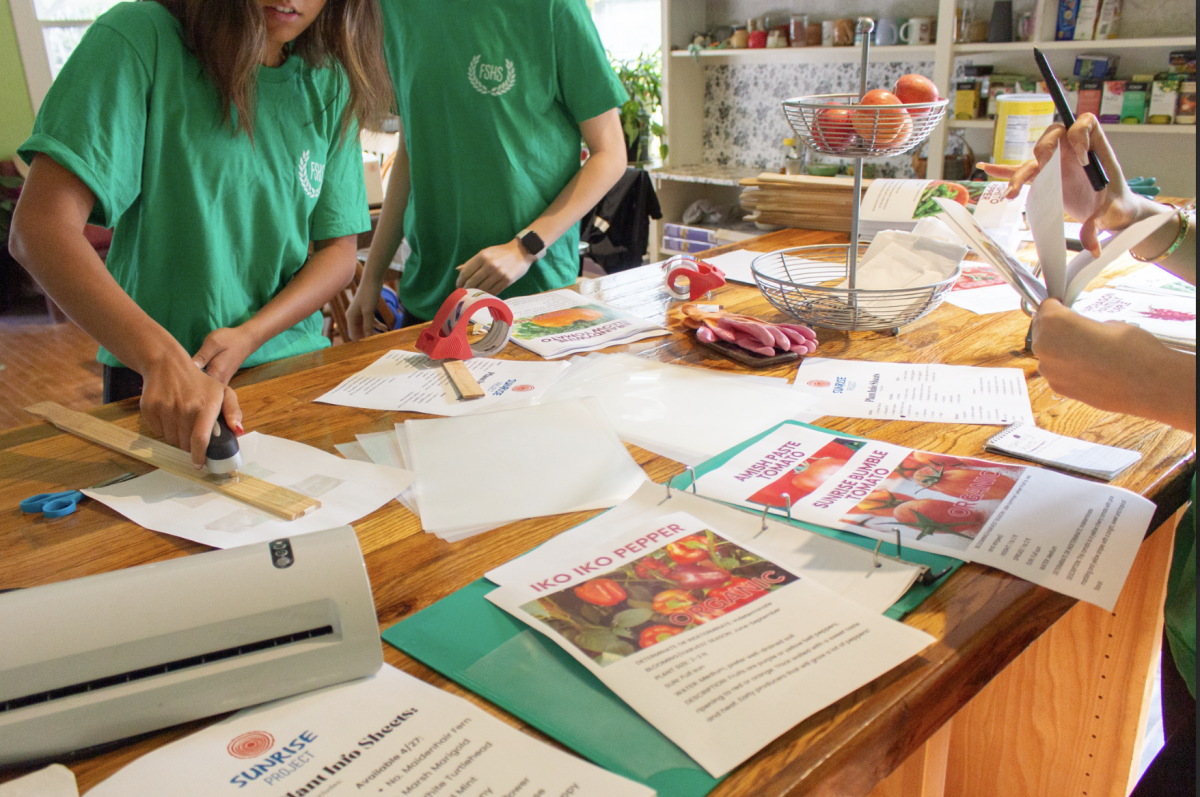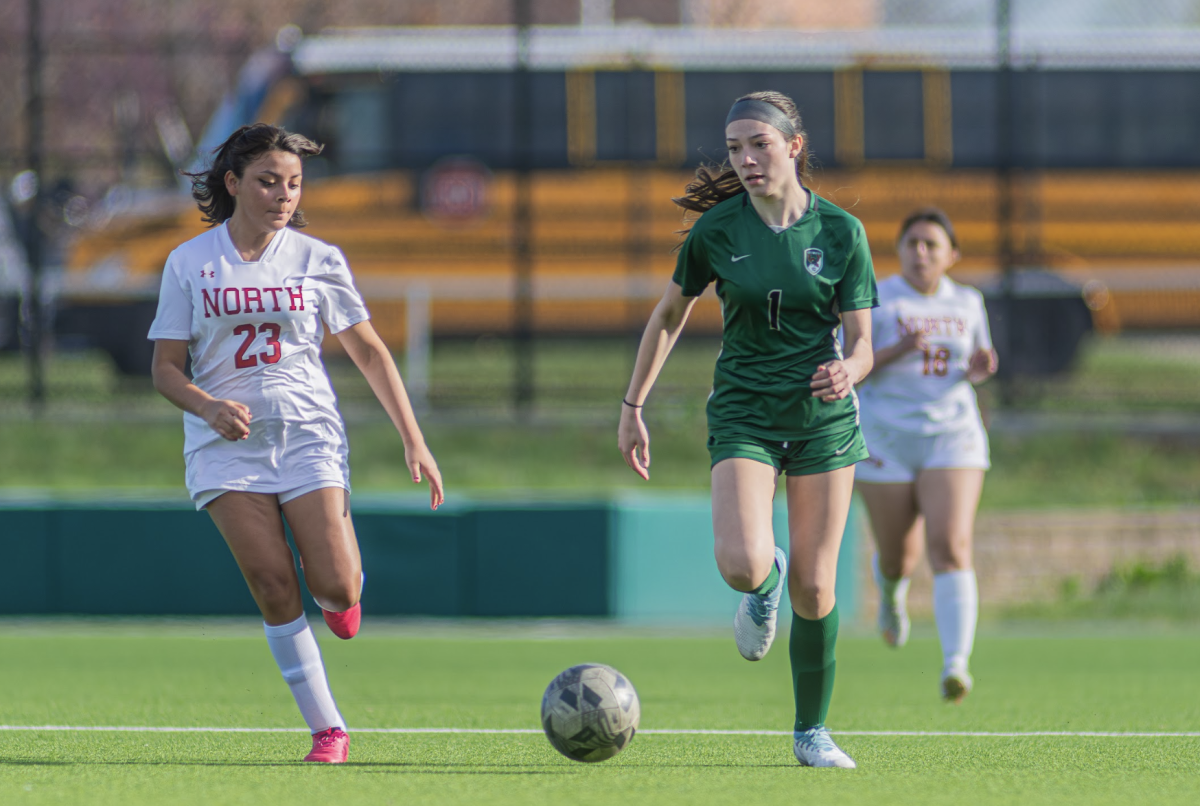I was not planning on writing this column.
In fact, until the week of our deadline, there was a different column on this page: something light, funny, sarcastic—the usual fluff. My cartoon self made an appearance, though my cat did not. There are only so many times I can refer to myself as an old cat lady before it stops being a joke and instead becomes a premonition.
But if cat-ladyship is where my future has plotted its destination point, I can’t complain. It’s better than going backward. Going backward might take me to this day in history in 2011, when the ground was thawing after a particularly persistent winter to bury my sophomore year deep within the dirt of my memory.
I weighed 92 pounds that March, soon to be 91, 90, 89. I’m not sure how far down the number line I would have crawled if I hadn’t started climbing back up in April. According to the CDC’s body mass index calculator, my BMI was below the first percentile of those of other girls my age—but I was getting close to being able to wrap a 60-inch tape measurer three times around my waist, and that became one of the few thoughts that could make me smile.
I’ve unearthed these memories too many times in to pretend I don’t carry them with me every day. They are my second backpack, hanging from my shoulders by permanent straps. I carry them when I eat, when I dream, when I cook, when I study, when I throw out old clothes that fit when I was twenty-something pounds lighter than I am now.
They are heaviest when I am thinking about the millions of teenagers who still suffer from eating disorders, and especially of the billions more who will someday suffer if our society fails to gain a better understanding of this psychological epidemic.
At the mention of anorexia or bulimia, the average person generally conjures an image that looks vaguely like a female skeleton bound in opaque saran wrap. That depiction may fit some sufferers, but if only petite young women were at risk for developing an eating disorder, doctors would be worried about a much smaller proportion of the population.
An eating disorder is a mental parasite: It does not care about its host’s weight, gender or age so long as it can feed on the body until there is nothing left to destroy. And an individual doesn’t need to be skinny to be starving to death.
I could fill the rest of my space on this page and most of Sam’s with the physical effects I experienced from near starvation, such as dizziness, heart palpitations, migraines, lethargy, chills, fainting spells, breathlessness, amenorrhoea, and insomnia. The psychological causes of an eating disorder are equally varied, but they are much more difficult to name, mostly because they’re unique to every sufferer.
I found the life source of my eating disorder in perfectionism. The same obsessive compulsion that drove me to deprive myself of sleep to pursue the elusive A+ had turned my diary into a series of calorie logs, where I could turn myself into a number and assess my value like a grade on Skyward. My calculations were flawless: I tracked the calories in every piece of sugarless gum I chewed, and in the early days, before I stopped putting sugar in my tea, I would measure each sparkling serving of sweetener in half-teaspoons.
The pounds dropped like water through a sieve.
With anorexia, there is no stopping point. There is no final goal. There is no checkered banner at the finish line cheering, “Congratulations! You made it,” and there is no reward besides the empty sense satisfaction that remains shivering in one’s ribcage after another protective layer of skin and fat is peeled away.
Ironically, my search for control over my body sent me on an uncontrollable downward spiral, caught in a deadly tornado that grew as I shrank.
Even more ironically, it was that same need for control that sparked my recovery.
In April of 2011, a psychiatrist incited my rage by threatening to send me to an in-patient recovery center, the kind of institution that injects nutrition through tubes and needles to bypass unwilling mouths. I’m sure in-patient centers have helped countless individuals, but to me, the loss of free will was equivalent to the loss of life.
After the appointment, I ate my first ice cream cone in three years, just to spite him.
I won’t perpetuate society’s obsession with quantitative values by sharing my current weight, waist measurement or jeans size, but suffice it to say that my BMI is nowhere near the first percentile. More importantly, I’ve learned to loosen OCD’s grip on my diet and listen instead to my body’s needs and wants–but mostly its wants. My afternoon snacks would make Sarah (see page 10) decide I needed a health intervention.
My recovery was based on an individual choice to reclaim sovereignty over my mind and body, but I could not have gained an ounce without the tireless support of my family and community. Few things sadden me more than the knowledge that many teens are not so lucky.
I wrote this column for the sake of those teens—the ones who may not have the love, support or resources to become healthy again—but I addressed it to all of you. The eating disorder epidemic is a societal problem as well as an individual one. I believe we can help turn around the decades-old trend toward self-starvation by speaking supportively about weight insecurity, by reducing our reliance on numerical categories to define our bodies and by fighting the social stigmas that often make sufferers feel too ashamed to seek help.
So, Free State: Let’s talk about eating disorders.
I’ve started the discussion. The next word belongs to you.












